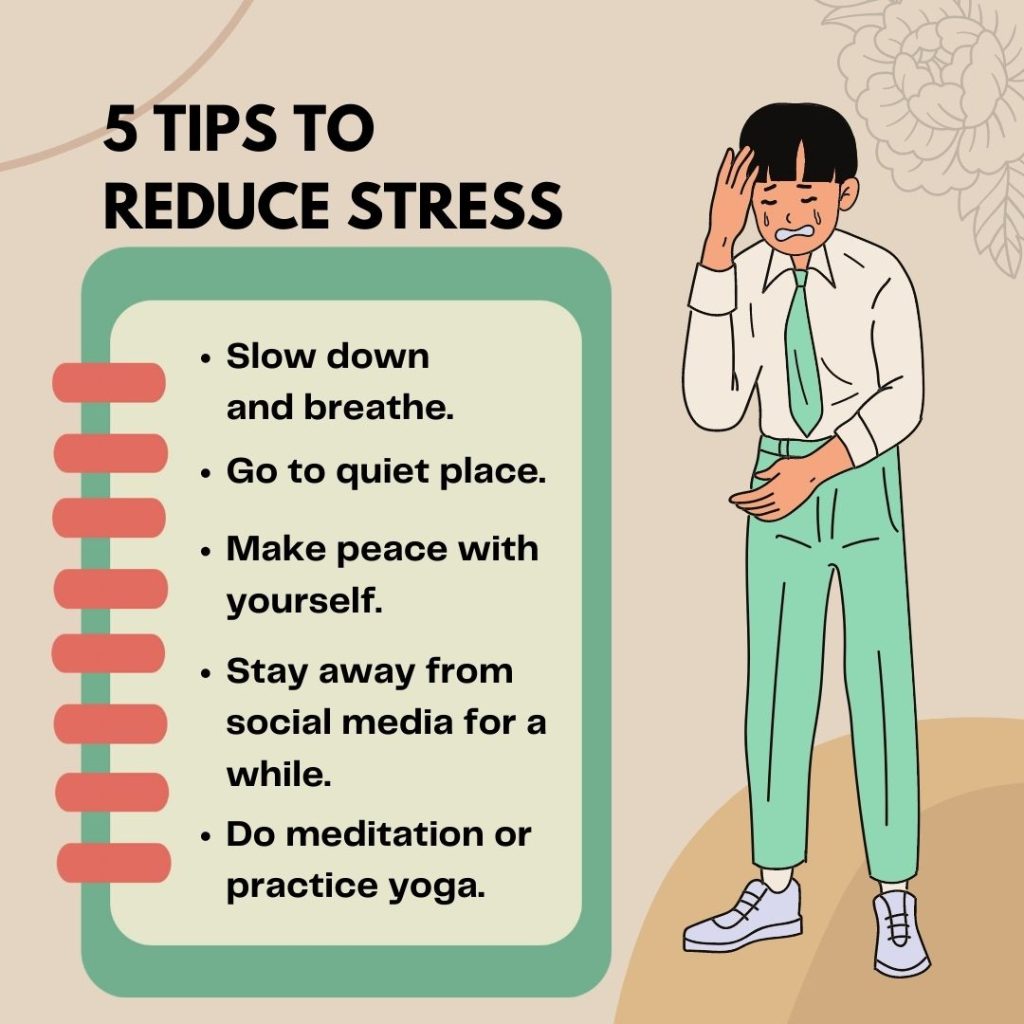Surge In Mental Health Conditions

Mental health conditions are on the rise worldwide, particularly in men. Being a mother of three boys, I am always on the lookout for any information that helps and improves my parenting skills. The attention on boys and men has become of paramount importance and laying the right foundation crucial. Children are unique and raising each and every one of them is never a walk in the park. It is during the time I have allocated for mother-child focused research, that I came across the term Narcissistic Personality Disorder (NPD) and in all honesty, I had never heard of such. After researching, I thought of not keeping this to myself as there might be many living with such a condition or have loved ones going through the same. It is important to understand some of these seemingly poisonous traits and then establish healthier boundaries. Let’s delve right into it.
Put in layman’s terms, narcissism is a trait whereby one unreasonably thinks very highly of oneself (full of themselves) and in the process, lacks empathy for others. They are mostly considered manipulative, selfish, patronizing, demanding, craving excessive attention and lack the ability to understand or care about the feelings of others. Since narcissism is considered a spectrum, people who are at the highest end of the spectrum are those that are classified as NPD, but others, still with narcissistic traits, may fall on the lower end of the narcissistic spectrum. Narcissistic Personality Disorder is a mental health condition mostly affecting more males than females. In a lot of instances this disorder is masked in fear, anxiety, drug and substance abuse. NPD has caused unimaginable problems in many areas of life, another trait fueling Gender-Based Violence (GBV). It is important to note that narcissists can’t feel fulfilled in relationships, or in any area of their lives, because nothing is ever special enough for them.
Often times it is very difficult to spot someone with NPD. The Diagnostic and Statistical Manual of Mental Disorders (DSM-5) lists the following nine as criteria for NPD, and specifies that someone only needs to meet five of them to clinically qualify as a narcissist.
- Grandiose sense of self-importance;
- Preoccupation with fantasies of unlimited success, power, brilliance, beauty, or ideal love;
- They believe they’re special and unique and can only be understood by, or should associate with, other special or high-status people or institutions;
- Need for excessive admiration;
- Sense of entitlement;
- Interpersonally exploitative behavior for e.g. gaslighting, a form of manipulation and emotional abuse, one of the hallmarks of narcissism.
- Lack of empathy;
- Envy of others or a belief that others are envious of them;
- Demonstration of arrogant and haughty behaviors or attitudes.
I am sure after going through this list, we have one or two names of our friends or loved ones that just popped up in our thoughts. This article however, is not meant to offer a diagnosis but rather, raise awareness and bring us into the knowledge of what it means to have NPD. In order to keep and maintain a healthy check in our societies, this is the moment we ask important and tough questions. Have you realized that you might be suffering from Narcissistic Personality Disorder? How can you contribute towards raising awareness and removal of stigma that shrouds mental health challenges? Could you be ignorantly raising narcissistic children? As a parent, it is important to think that your child is the most amazing person in the world. However, your children mustn’t expect the rest of the world to feel the same. Are you married or in a relationship with someone who suffers from NPD?
It is important to note that people who suffer from NPD do not usually seek treatment as they believe that nothing is wrong. If you have realized that you might be suffering from NPD or have identified loved ones who do, get rid of the denial and urgently seek professional help. This is quite important and one that we need to encourage in order to have thriving relationships within our homes, extended families, societies and nations. Let’s continue the fight against mental health disorders.






